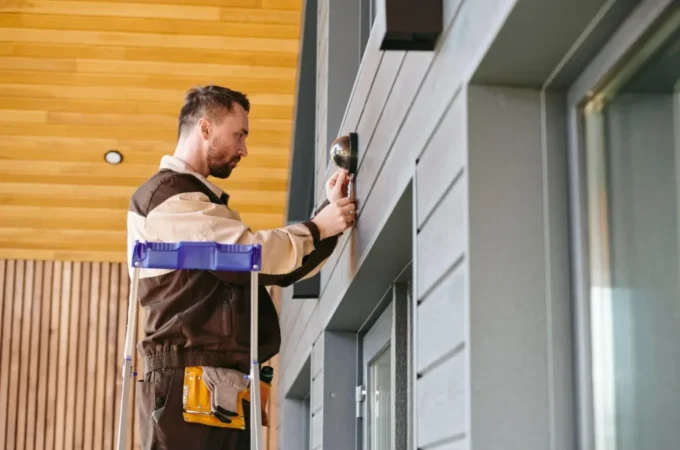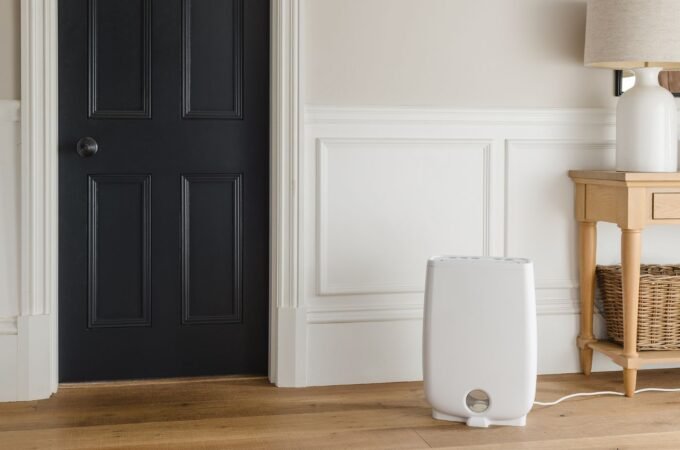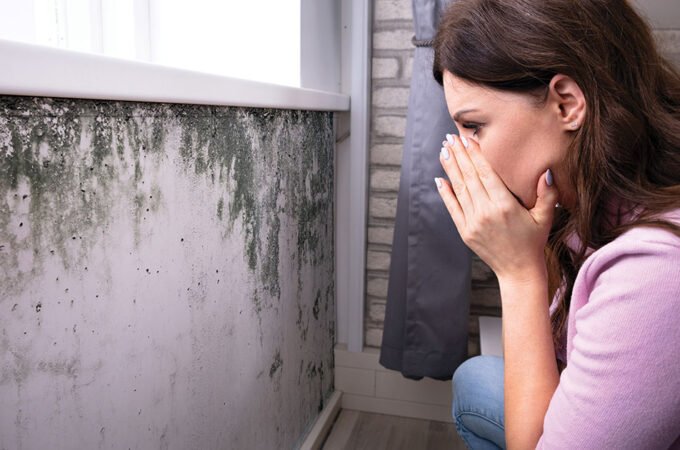
What You Need for the Ideal Commercial Chilling System
Typically, commercial facilities use heating, ventilation, and air conditioning (HVAC) systems to keep the building’s air temperature cool and dehumidify the environment. Over the years, commercial chillers have become integral to commercial HVAC systems. Here’s what you should consider when installing a chilling system in your facility.
Water-Cooled Chillers
Water-cooled chillers include a water-cooled condenser which is connected to a cooling tower, where heat during the cooling process is released into the atmosphere. These types of coolers are normally used in medium to large installations that have plenty of water. These chillers can also produce a more constant performance for industrial and commercial air conditioning because of the independence to fluctuations in the facility’s ambient temperature.
Air-Cooled Chillers
Air-cooled chillers, unlike water-cooled chillers, use condensers that are cooled by the air in the environment. Because of their design, they’re typically used in small or medium chiller installations that have certain space constraints. Air-cooled chillers can provide the most practical solution in locations where the water supply is scarce.
Maintenance
One of the aspects of both chilling systems to consider is ongoing maintenance, which helps ensure that chillers continue to work the way they should for many years. As a result, many facility managers have taken it upon themselves to perform ongoing maintenance as part of their daily practice.
Ongoing maintenance can include the inspection and cleaning of condenser coils, maintaining refrigerant charges, and maintaining condenser water.
Predictive AI Maintenance
Artificial intelligence, or AI, continues to advance over time in many different commercial applications. Chillers are no exception as they, too, have adopted AI technology to perform what is referred to as predictive maintenance to prevent future issues from arising in functionality.
Through the use of AI, systems can proactively monitor for potential issues and collect data that helps determine the correct action to take to prevent a serious issue that results in a breakdown.
Optimization of Performance
Chillers function as a crucial part of an overall complex HVAC system. While water-cooled chillers are inarguably more complex than air-cooled chillers, both require regular preventative maintenance to ensure that they function the way they need to in order to provide sufficient cooling.
Over time, it may be best to check for areas of inefficiency and determine if certain parts could benefit from an upgrade or if the entire chiller requires replacement.
Working with Professionals
One of the best ways to make sure you get the right installation in your facility, along with proper maintenance and replacement parts, is to work with professionals who work with the best manufacturers in the industry. With the help of an experienced chiller installation company, you can benefit from working with those who understand every aspect of your existing equipment and systems, and who can help you select systems accordingly.
Taking all of these steps and understanding the different types of chillers can help ensure you get a system that truly works for you.






